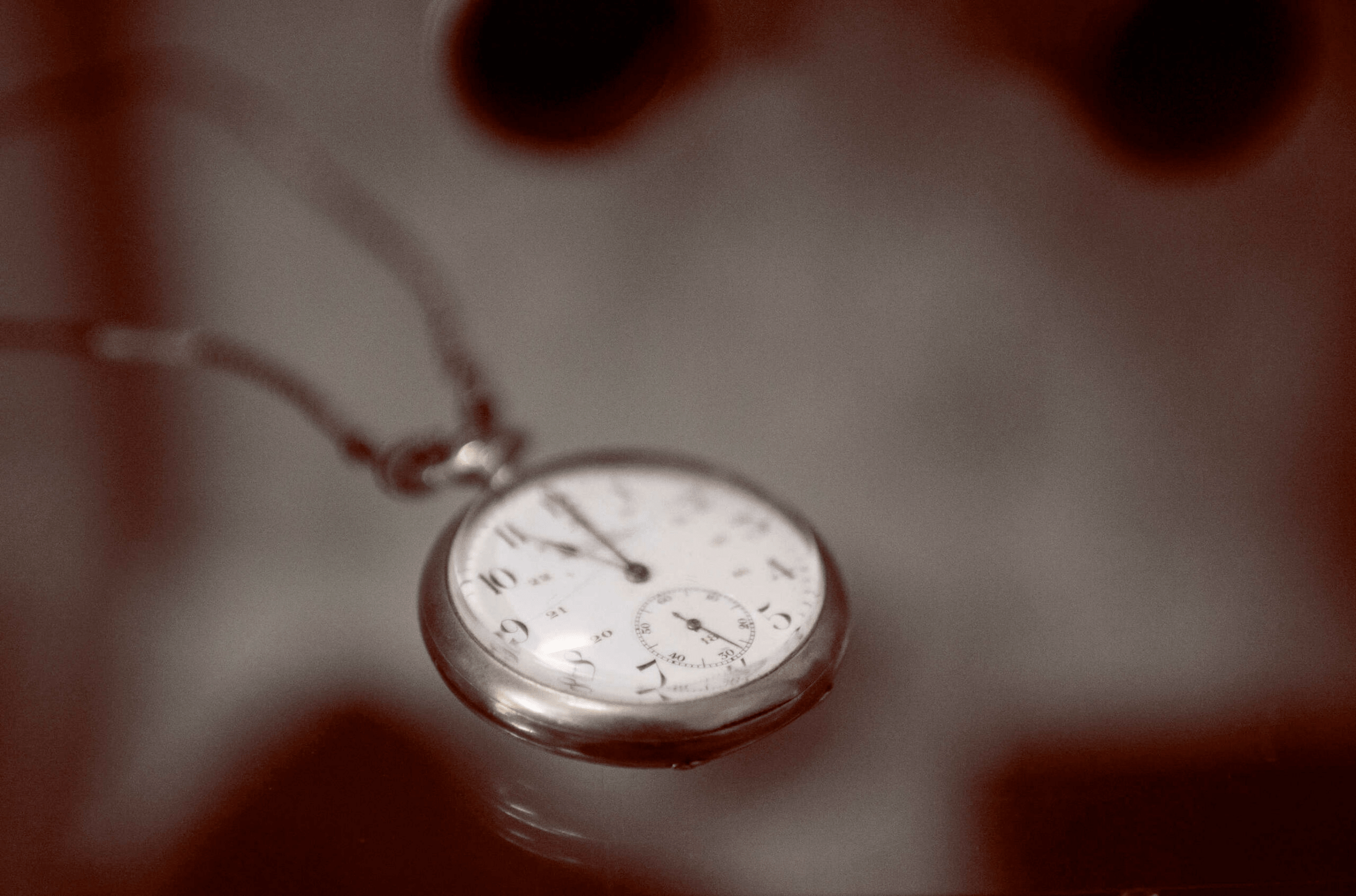(7x) .حَسْبِيَ اللّٰهُ لَا إِلٰهَ إِلَّا هُوَ ، عَلَيْهِ تَوَكَّلْتُ ، وَهُوَ رَبُّ الْعَرْشِ الْعَظِيْمِ
Allah is sufficient for me. There is no god worthy of worship except Him. I have placed my trust in Him only and He is the Lord of the Magnificent Throne.
Ḥasbiya-Allāhu lā ilāha illā Huwa, ʿalayhi tawakkaltu, wa Huwa Rabbu-l-ʿArshi-l-ʿaẓīm.
Abū al-Dardā’ (raḍiy Allāhu ʿanhu) narrates from the Messenger of Allah ﷺ that he said: “Whoever recites [the above] seven times in the morning and in the evening, Allah will suffice him in everything that concerns him in matters of this world and the next.” (Ibn al-Sunnī 71)
Brief Commentary
• In this duʿā’, we do not explicitly ask Allah for anything, but instead we remind ourselves of our relationship with Allah, and set ourselves in the correct frame of mind for the day.
• We commence this prayer by affirming that “Allah is sufficient” for us. We say it in the general form i.e. Allah will suffice us in absolutely everything, no matter how small or large it is, whether it is related to this life or the hereafter.
• As Allah is the only one who deserves to be worshipped, He alone possesses the complete qualities of perfection and majesty. Therefore, He is the only one who can fully suffice us.
• As Allah is sufficient for us, the next part of the duʿā’ is the result of knowing this, which is that we rely on Him Alone (tawakkul).
• To further confirm why we rely on Him, we remind ourselves of His greatness, for He is the Lord of the Majestic Throne. Its majesty has been described in the commentary of Āyat al-Kursī (duʿā’ 1).
• We repeat this duʿā’ seven times so that the meanings settle in our hearts, and we feel our īmān in Allah increase each time we utter it.
• When Allah wanted to mention the main qualities of believers in Sūrah al-Anfāl, He included the quality of their tawakkul (reliance) on Him (8:2-4).
• Tawakkul brings many benefits. The Prophet ﷺ said, “If you have tawakkul on Allah as you truly should, then He would provide for you like He provides for the birds. Do you not see that they leave in the early morning with an empty stomach, and return full in the afternoon?” (Tirmidhī 2344).
• There are 70,000 people who will enter Jannah without any punishment or questioning [by Allah]. One of their qualities is that they have true tawakkul on Allah in everything they do (Bukhārī 6472).
Action Points
• Make sure you remind yourself to live by this duʿā’ every time you recite it i.e. have true tawakkul on Allah.
• Tawakkul is to take the lawful means, with a complete reliance and trust in Allah to bring about good and remove harm. Tawakkul stems from having certainty (yaqīn) in Allah.
• Abū Saʿīd al-Khazzāz defined tawakkul as, “Constant movement without being stationary, and being stationary without movement”. In other words, you should be physically moving and using whatever means you possess to achieve your goals. At the same time, your heart is stationary in terms of its dependence on Allah i.e. your heart is so confident that Allah will take care of you; and thus you don’t feel anxious and always feel inner calm, no matter what the circumstances are.
• Though this may sound like a simple duʿā’, it is in fact a great duʿā’ to save a person from distress. Ibn ʿAbbās (radiy Allāhu ʿanhumā) narrated that the duʿā’ حسبي الله ونعم الوكيل (a shorter version of this duʿā’) is what Ibrāhīm (ʿalayhis-salām) said when he was thrown into the fire, so Allah saved him; and it is what our Prophet ﷺ said when the disbelievers regrouped immediately after the battle of Uḥud, so Allah saved the Muslims from them (Bukhārī 4563).







